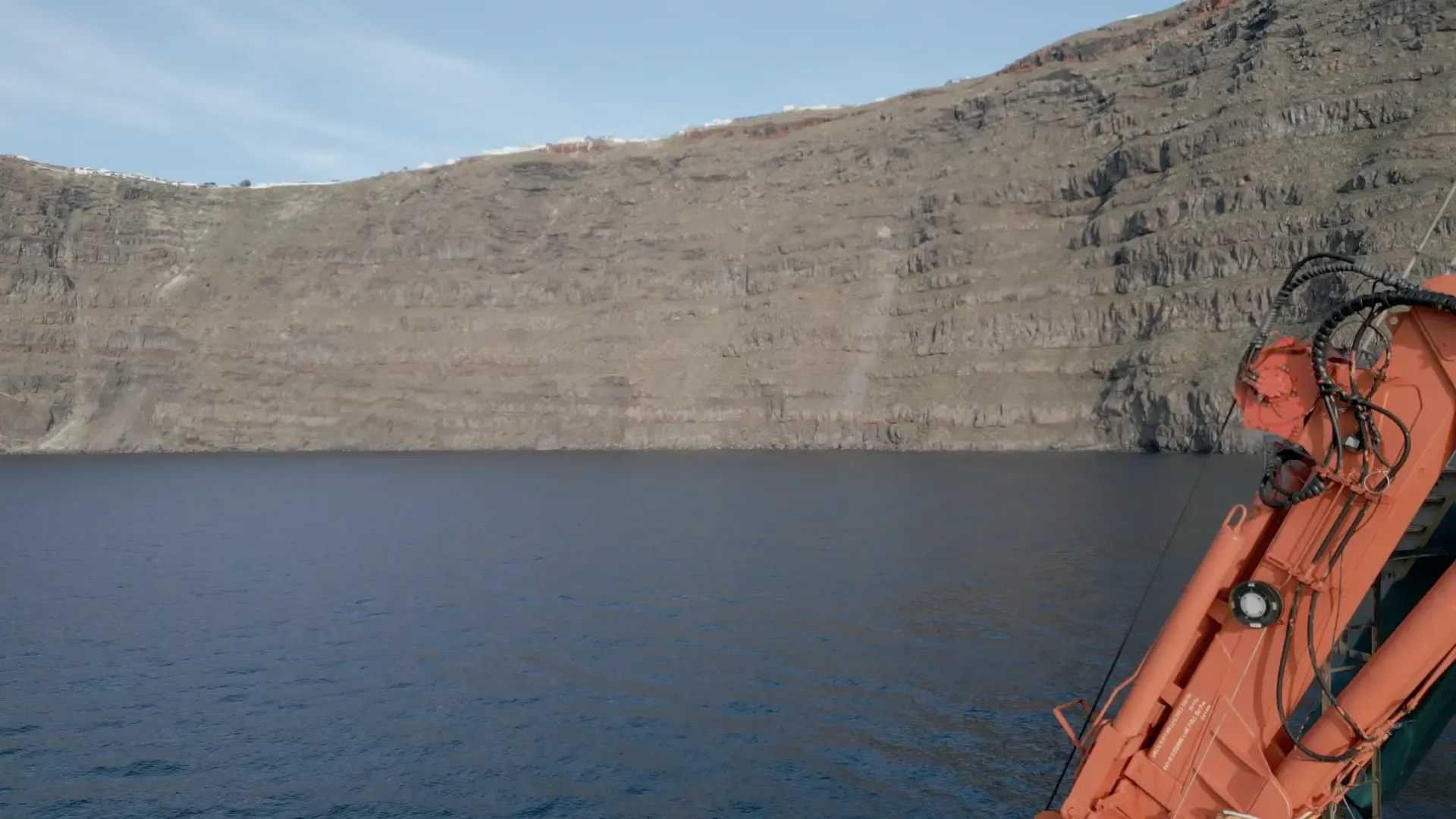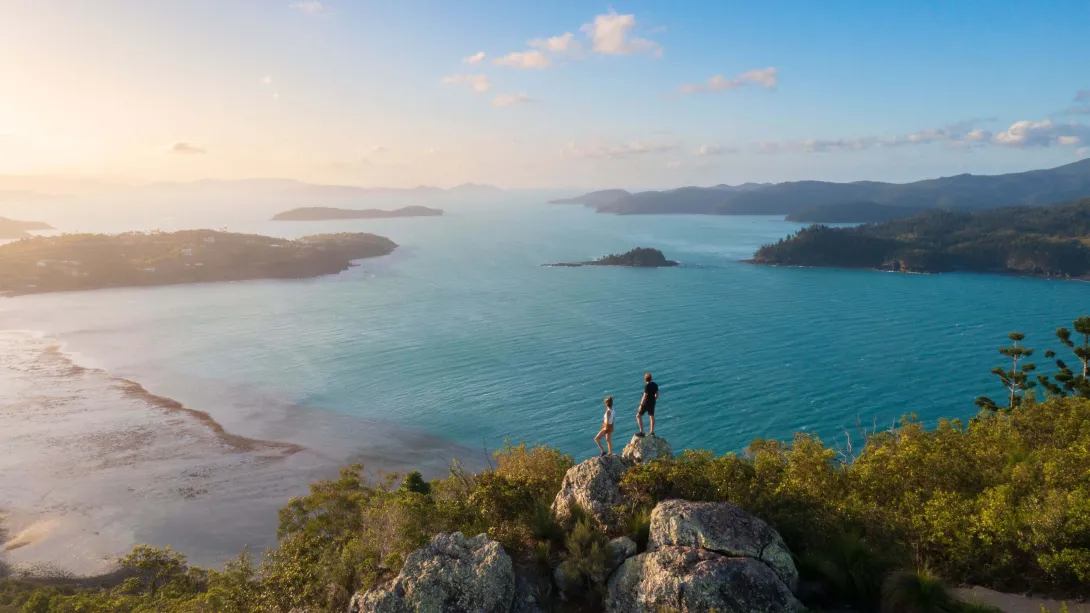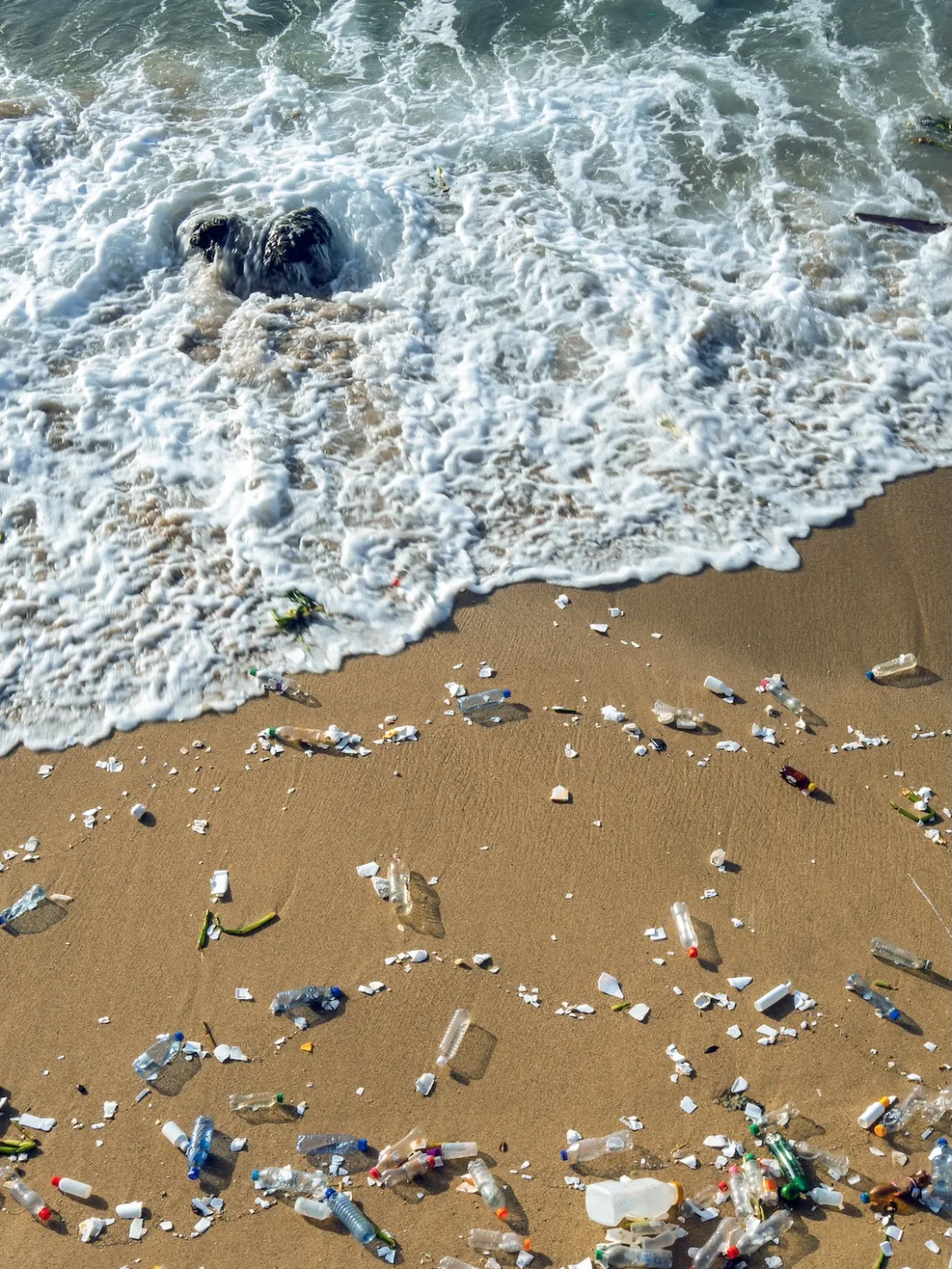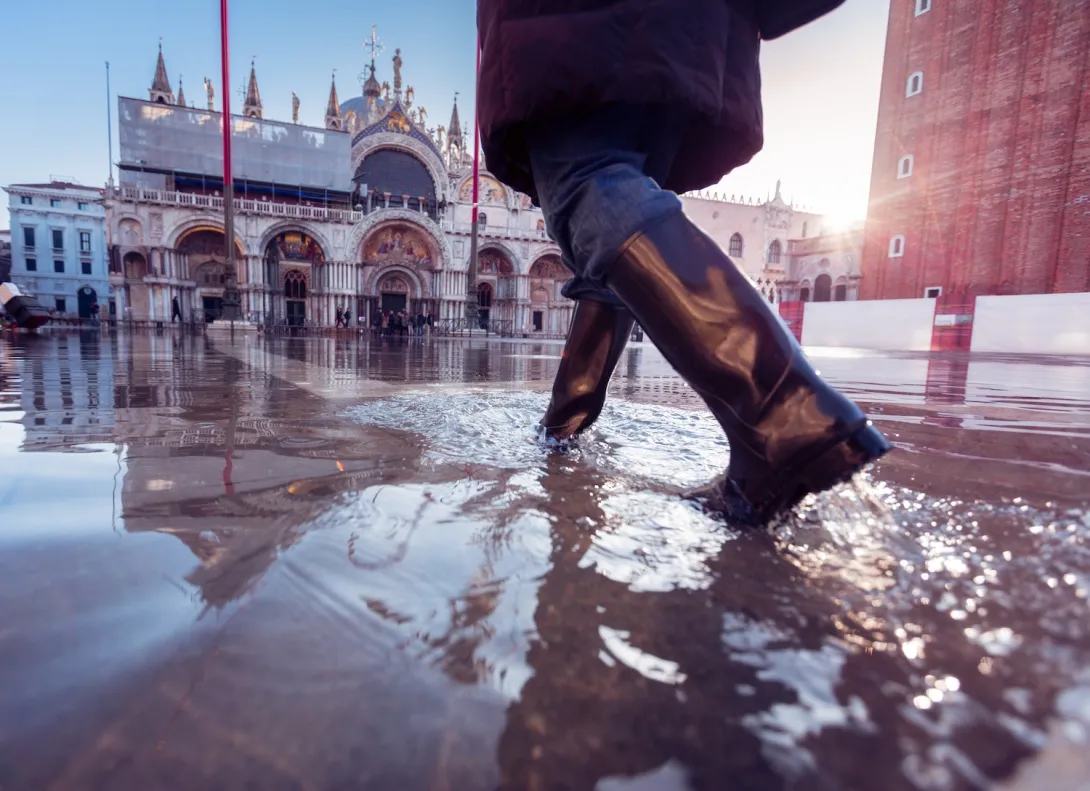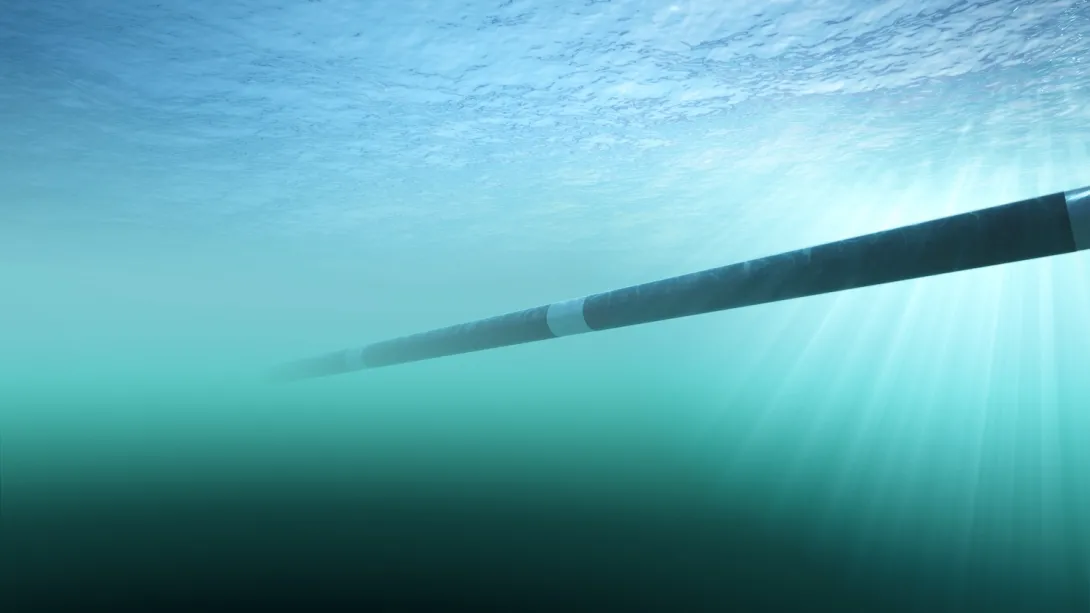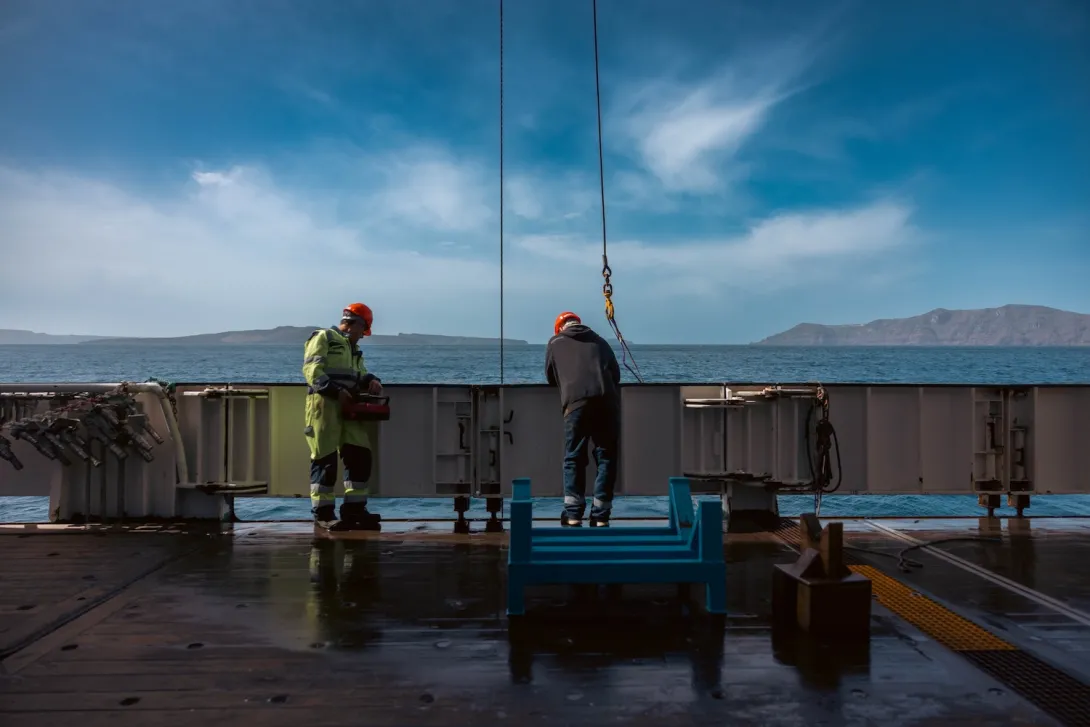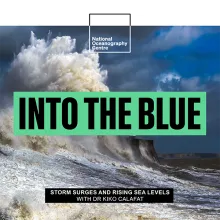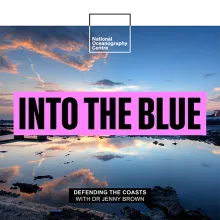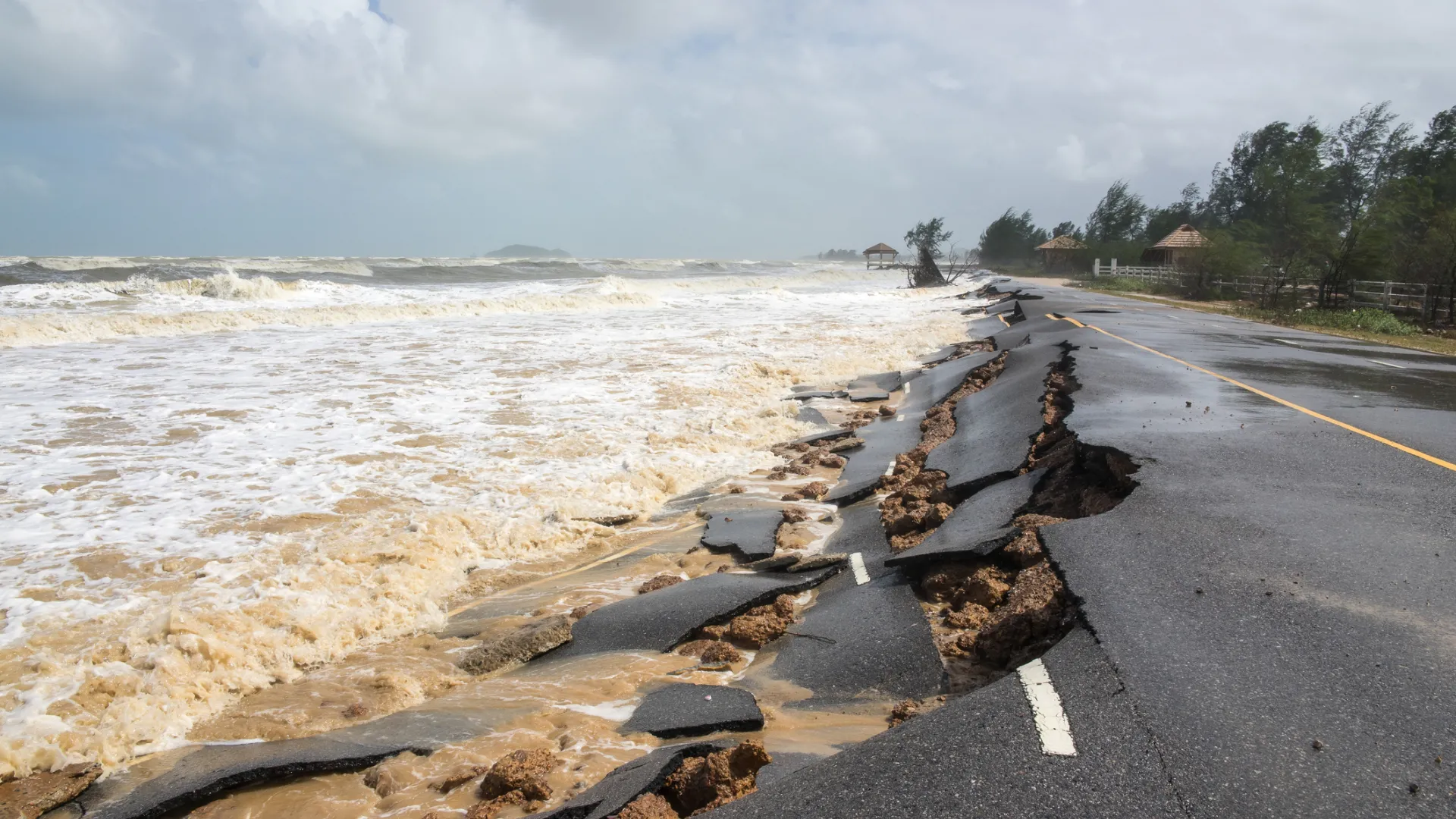Mitigating the Impacts of Marine-Related Hazards and Pollution
Coastal zones are home to some of the world’s most densely populated areas. These regions rely on the ocean not just for food and livelihoods, but also for essential offshore infrastructure that supports entire industries, global trade and communications.
Impacts of marine hazards and pollution can be devastating - damaging ecosystems, destroying infrastructure, and disrupting lives. Some effects may be irreversible. To better prepare for future disasters, we need an internationally connected community of researchers and decision-makers, supported by new tools and techniques to detect, understand and respond to these events.
Understanding Marine Hazards
We help to gain the deeper knowledge of drivers, interactions, implications and mitigation measures concerning marine-related hazards and pollution that is required to effectively protect people, infrastructure and ecosystems.
Marine-related hazards come in many forms, each with the potential to threaten communities, economies and ecosystems. Some of these include:
Research Spotlights
Hear From Hazard Experts
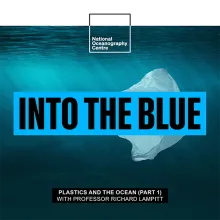
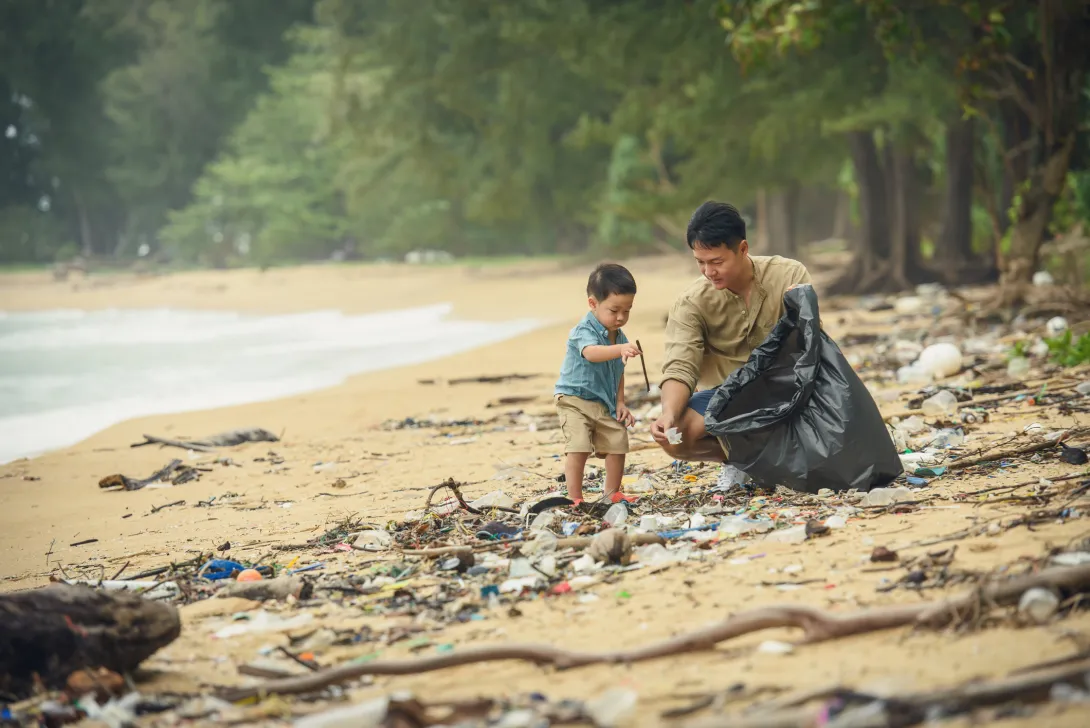
Support Our Pollution Research
Plastic pollution reaches even the most remote parts of our ocean, from marine protected habitats to the deepest ocean trenches.
NOC’s pollution research is closing the knowledge gap on microplastics: where they go, how they move through ocean currents, and what harm they’re causing to marine life.


